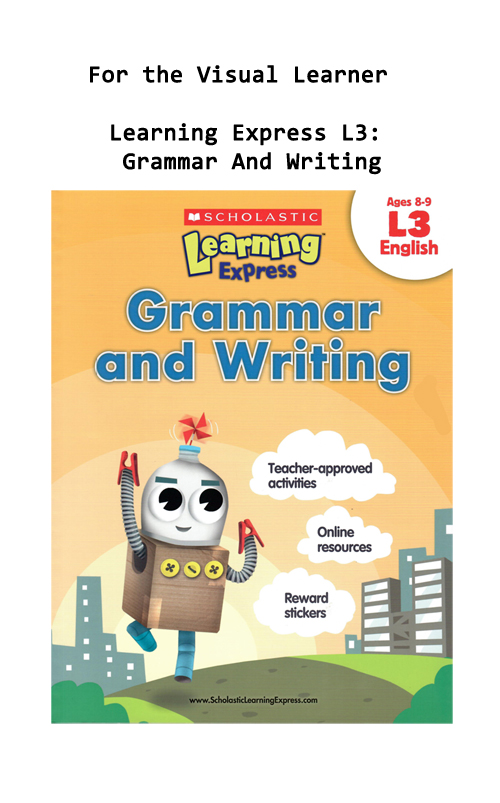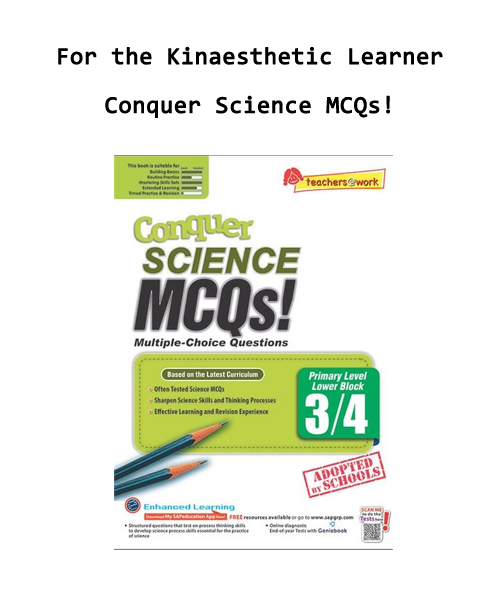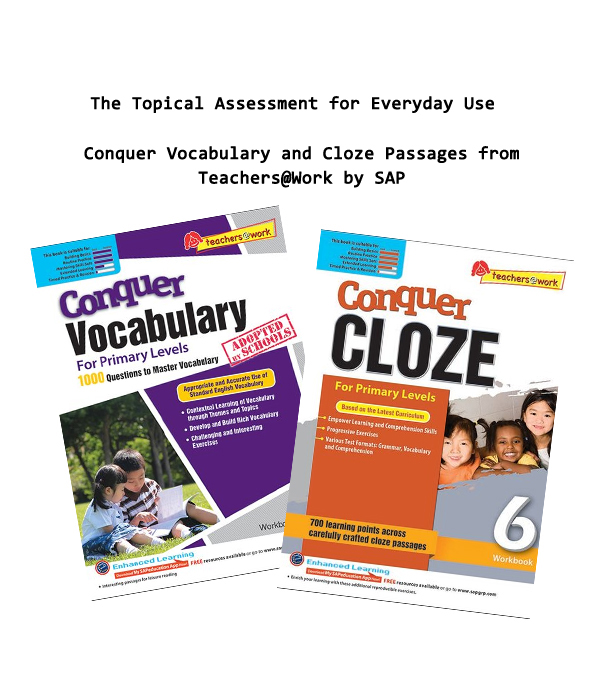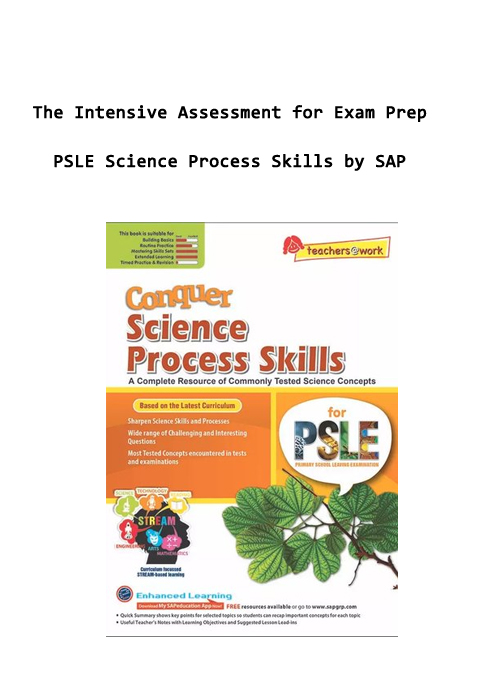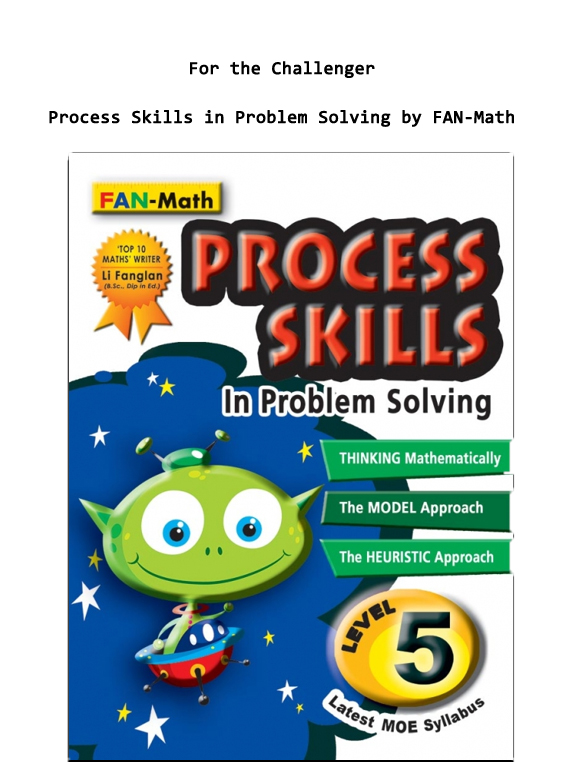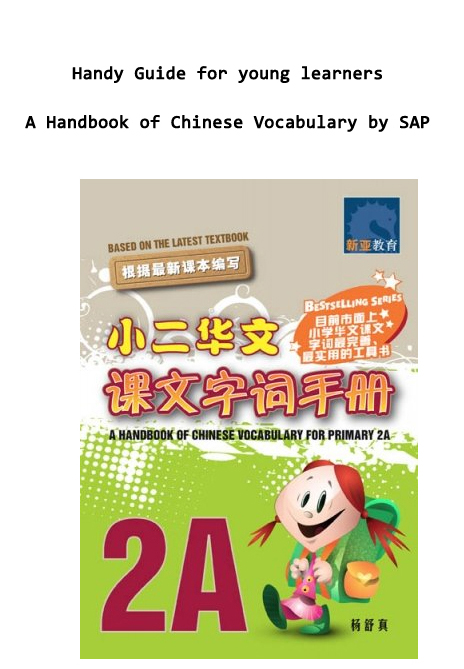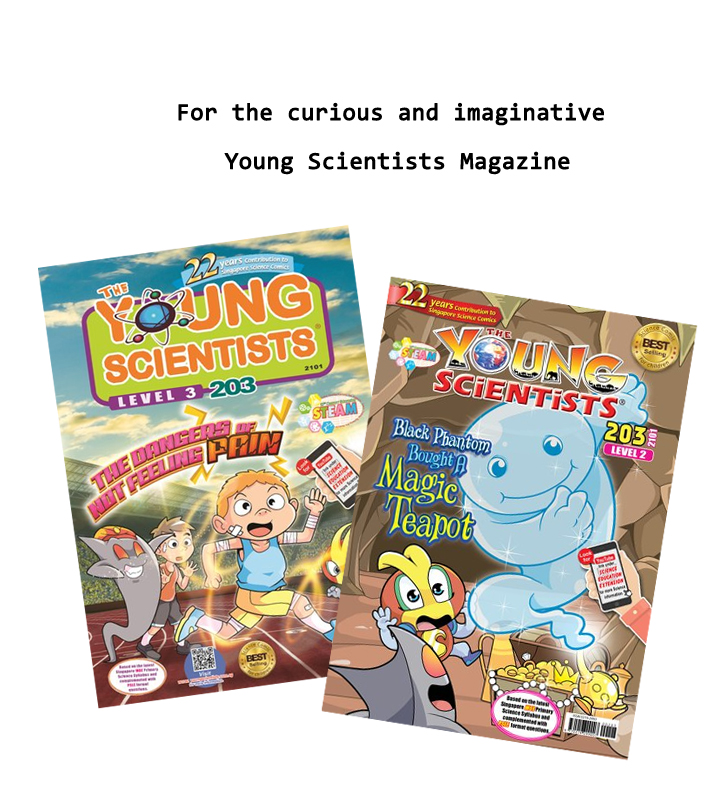It is the time of the year again when we want to start preparing early for another busy year ahead. Intuitively we will head to the bookstores to get the best assessment books available in the market. As we stand in front of the shelves and shelves of books, where should we start? What should we grab?
Every child has different progression paths, and we, as parents, want to be more realistic to help them achieve success through pacing them. We should be choosing assessment books that are not the best, but the most suitable ones that can match them, help them develop to their fullest potential, and not the other way round. With experience from publishing a review magazine on assessment books in Singapore, we have heard and read from parents and tutors what they look out for in determining what is a suitable assessment book.
Here, we present to you the common selection criteria we have heard. However, before we start, we recommend that you make an assessment of your child’s performance this year so that you can make better decisions in the universe of assessment books out there.
1. Know your child’s learning style
Have you ever noticed which helps your kid to learn things faster – graphics, audios or through practising? They are actually recognised as the common learning styles, namely visual, auditory and kinaesthetic. If your child is a visual learner, materials with lots of colourful graphics and diagrams will appeal to them and help him or her understand things better, such as the Learning Express series by Scholastic that uses illustrative characters to build readers’ English reading abilities and undestanding of Maths concepts. Books that provide key concepts mapping will definitely be very beneficial for them. For auditory learners, consider getting assessments with videos and programmes with worked solutions explained through tutors.
For kinaesthetic learners, who learn best through doing, it will be good to get assessment books with step-by-step working or many questions drilling on the same topic. An example is the Conquer Science MCQs from Teachers@Work published by SAP for P3 – 4 Science which focuses on intensive practice in the MCQ section. Also, pay attention if there is sufficient space for them to write on.
2. Practise with a purpose
Different assessment books are built for different purposes. For foundation building or understanding of concepts, it is best to work with topical assessment books with syllabus that are aligned to that of MOE. While different schools may structure the chapters differently, a topical assessment book allows you the flexibility to zoom into the particular chapter just covered by the school today. There are also some assessment books that target specific examinable skills. If you have assessed that your child is lacking in certain skills, such books will provide a more focused help.
An example is the series produced by SAP that is targeted at Cloze Passages and Vocabulary. On the other hand, if you are preparing your child for exams, assessment books that are built in examination format can help your child get used to and feel more exam-ready. There are books of mock papers format or a series of exam-format questions in the market. Science Process Skills for PSLE published by SAP is an example of such format that focuses on the most concerned examination in primary school education. However since we are preparing ahead, we recommend the topical assessment books at this time of the year. Exam style assessment books can be purchased closer to the exam period.
3. Stretching your child’s potential
After a strong foundation has been built in a particular topic, your child is ready to undertake a higher order challenge. Some assessment books have structured challenging questions to prick the brains of the child. Among them, some books come with some hints or thought provoking questions to stretch their thinking, such as the Process Skills in Problem Solving by FAN-Math, which puts in some challenging questions at end of each chapter. Besides providing challenging questions, there are also models and structured answers as a holistic guide so that the kid is not left stranded in the challenge.
4. Useful resource for parents and tutors
Do you have the habit of taking out and keeping the solutions key from your child so they do not refer to them when they are practising? We say, hold on to them. They may come in handy if you are not familiar with the syllabus or unsure if your solution is an accepted method. Even better, you can play the role of tutor to your child, especially on days that your tutors play you out. Most assessment books are printed in this format where the questions and solutions are printed separately.
In some other assessment books, the step-by-step solutions and guiding notes are printed with the questions. This type of assessment books can help your child do revision by just reading them or using them as a reference guide. There are also some assessment books that are solely notes for reading. An example is the Handbook of Chinese Vocabulary for Primary Levels by SAP, which provides English translations as a great form of support for English-speaking parents trying to teach their kids on Chinese. It is good as a revision tool or a supplementary reading material.
5. Have a combination of enrichment and assessment books
With the wide range of books out there, it is good to have a combination of enrichment and assessment materials for your child. Besides the usual assessment books that are aligned to the exam format, children should also be exposed to enrichment materials which are less serious and feeds their curiosity and imagination. Such enrichment materials can take the form of magazines or colourful pictorials that helps kids’ understanding. An example is the Young Scientists Magazine, which covers a range of science concepts related to our everyday life and how things work. They also indirectly enrich your child of the Science syllabus in school. The best part of such enrichment material is, psychologically, your child may be more willing to read them since these materials do not take the forms of their usual textbooks nor assessment books!
Remember, it’s not about getting the best assessment books but getting the most suitable ones to work with your child so your child can feel comfortable working on the books. We also encourage you to have your child involved in the decision making process so you can instil in them a sense of responsibility to practise on the assessment books. Happy shopping & happy holidays!
Don't miss out on our articles! You will find them useful somehow, from parenting to exam preparation tips to best deals! Subscribe to our newsletter to receive updates on articles and best deals!


